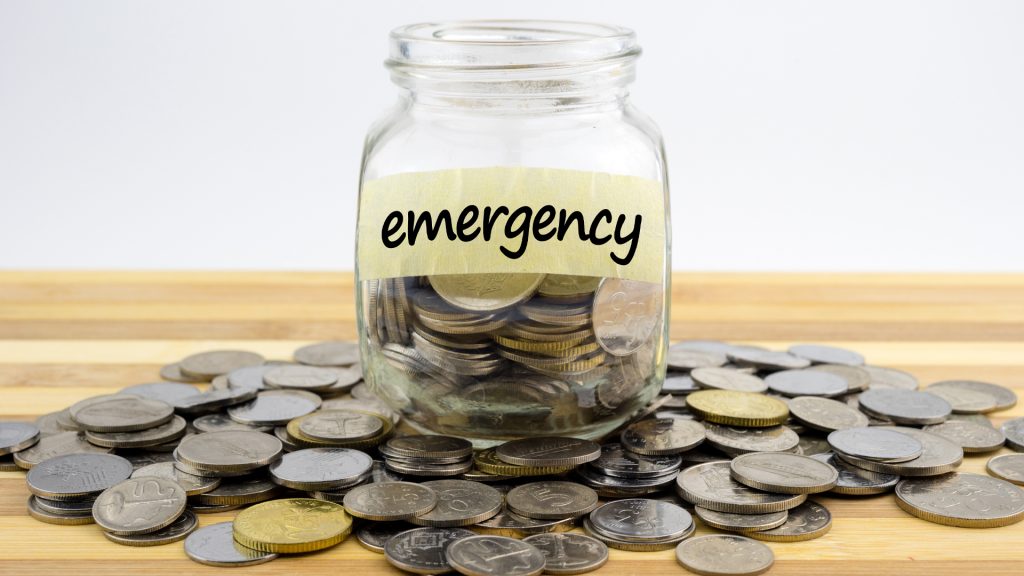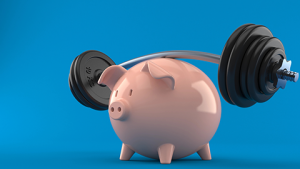
Having an emergency savings fund is considered an essential part of your overall financial wellbeing. But what exactly constitutes an emergency, and when should you use it?
Emergency savings funds are designed to pay for unexpected expenses, or to cover the bills if you have a loss of income. While you can’t control when something unexpected happens, you can control being prepared for the unexpected.
The most common reasons to dip into your emergency savings funds are salary reduction (to help bridge the gap); medical bills; unexpected repairs, such as vehicle or air conditioning/heating units; or replacing appliances.
And because everyone’s definition of an emergency differs, it might be easier to say what you shouldn’t spend your emergency savings fund on. Remember, these funds are designed for emergencies, so dipping into it to help pay for nonessential items like a vacation or concert tickets or other entertainment expenses should not happen.
A good baseline is this: Do you need the item to survive? If you don’t, you definitely should shy away from using the emergency savings fund for the purchase.
Having a reserve fund for financial emergencies can help you avoid relying on other forms of credit or loans that can turn into debt, the Consumer Financial Protection Bureau states. If you use a credit card or take out a loan to pay for these expenses, your one-time emergency expense may grow significantly larger than your original bill because of interest and fees.
The CFPB also says don’t be afraid to use it if you need it, and if you spend down what’s in your emergency savings fund, just work to build it up again.
Practicing your savings skills over time will make this easier.
Opinions expressed above are the personal opinions of the author and meant for generic illustration purposes only. RCB Bank, Member FDIC.
Sources:
https://www.consumerfinance.gov/an-essential-guide-to-building-an-emergency-fund/



